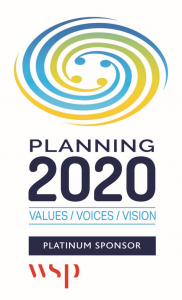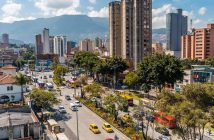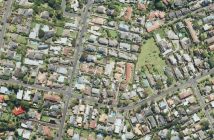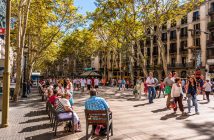New Zealand needs to up its game on building inclusive cities that reflect our increasingly diverse communities, says the New Zealand Planning Institute
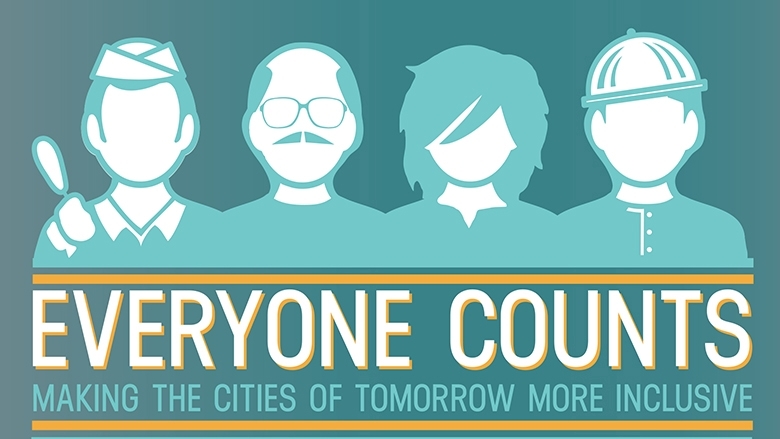
More than 500 delegates are expected to attend the New Zealand Planning Institute (NZP) Values/Voices/Vision conference – including local and central government, industry leaders, iwi, resource managers, urban designers, scientists and environmental advocates.
“Planners play an integral role in shaping the future of New Zealand. This involves working across rural, natural and physical environments, balancing competing demands and needs,” says NZPI Chair Karyn Sinclair.
The challenge of responding to changing demographics is one of the key topics. Climate change, water quality, alternative waste solutions, open ocean aquaculture and managing wildfire risks are also high on the agenda.
“A conventional, Eurocentric approach to urban development and legislation means many voices and values are disenfranchised,” says Sinclair.
“As a country, I don’t believe we are consistently good at delivering built environments that meet the needs of our diverse society. Youth, immigrants and urban Maori are at greatest risk of being marginalised,” says Sinclair.
“We need to get better at engaging with a wider spectrum of the community to ensure equal distribution of resources and infrastructure. This includes all ethnicities, age groups and socio-economic levels. For example, community consultation tends to favour established homeowners rather than young couples who might be struggling to purchase their first home.
“Even if we miraculously had all the housing we need we still need to ensure that communities’ function – that people are connected, supported, employed, and have adequate access to recreational and educational facilities.
“Enabling people to easily and safely walk to their local shops and schools is an important part of building inclusive and accessible cities, while also reducing the need for car travel and associated congestion and carbon emissions.”
Another important issue facing planners in 2020 is how we deal with waste, says Sinclair.
The Government is seeking public feedback on its proposals to increase the landfill levy and apply it to more kinds of waste – for example industrial and construction waste.
“We need to look at how we make real changes at the source,” says Sinclair. “I would like to see a conversation around how we start costing resource exploitation, as it is currently really cheap to pollute in New Zealand.
“Internationally, more companies are now taking on the responsibility and cost of product disposal. For example, tyre companies are accepting used tyres for disposal, paint companies are taking back partially used paint tins, and silage wrapping companies are collecting used silage wrap at the end of the season.”
Speakers at the March 31 – April 3 event, to be held in Nelson, include internationally-renowned urban planner and ecologist Nina-Marie Lister. Based in Toronto, Nina-Marie was nominated among the Most Influential Urbanists of all time by US-based planning organisation Planetizen.
Maori Development and Local Government Minister Nanaia Mahuta, award-winning business journalist and sustainability champion Rod Oram, and digital planning expert Christopher Pettit are other notable speakers.
Representatives from the Ministry for the Environment will also give presentations on new legislation, including National Policy Statements for Urban Development, Highly Productive Land and Freshwater Management.
For a full list of speakers and abstracts https://www.nzpiconference.org/speakers
